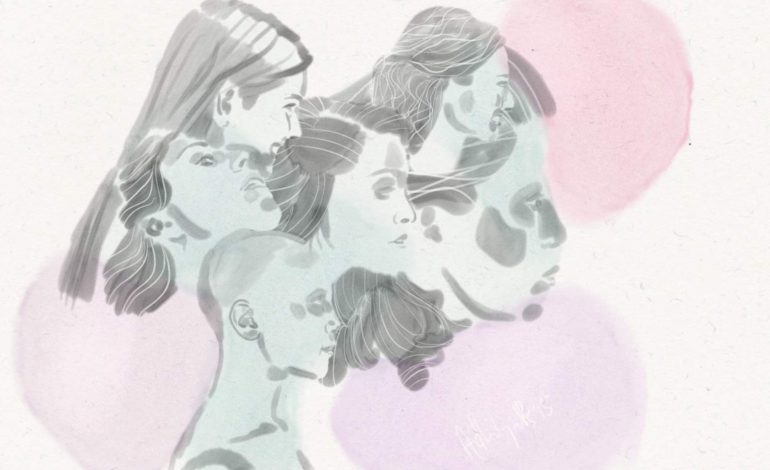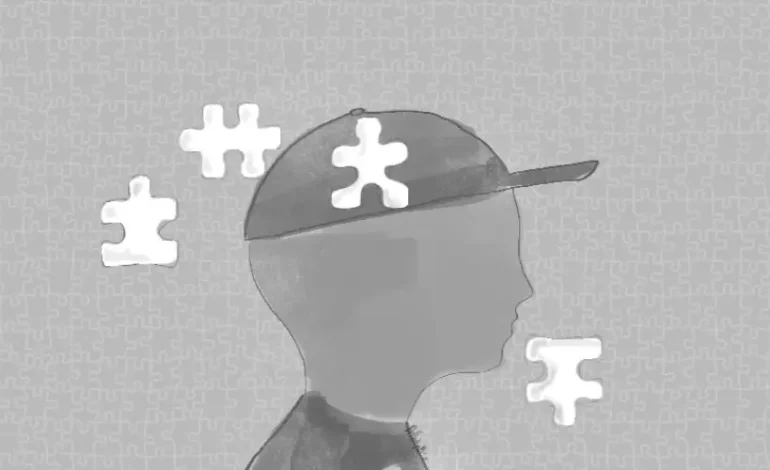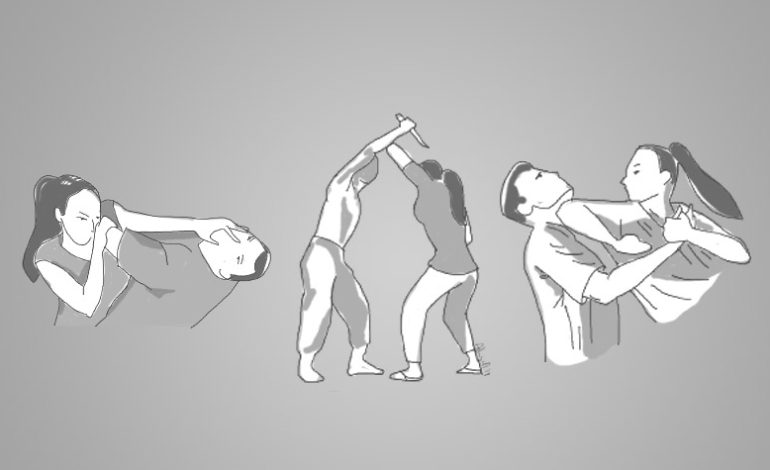It’s Women’s Empowerment, Not Mother’s Day: A Case Against Dec. 22
Capitalism coupled with the collective tendency to forget the historical context of an event is why Dec. 22 is now known as Mother's Day instead of Women's Empowerment Day, this writer argues.

I have a bone to pick every time December 22 rolls in. Let’s be clear: Hari Ibu in Indonesia is not the same as the Western world’s “Mother’s Day”. Although the word “ibu” means mother in Indonesian, it is also used as a respectful designation for an older woman. Just like Tante (Dutch for aunt) and Mbak (Javanese for sister) are used across the country to politely address a woman that could be a random stranger with no blood or marital ties to the speaker, calling someone “ibu” does not mean you’re a child of that woman or that the woman you address is even a mother.
Every Indonesian student learns the origin of Hari Ibu at school. And what an origin it was. On December 22, 1928, members of 30 women organizations from 12 cities in Sumatra and Java held its first women’s conference, discussing women’s rights, education, health, and the power of media to help conquer these issues. On the 1930 conference, they even discussed and came up with recommendations to admonish underage marriage and human trafficking (topics that are sadly still relevant today).
In the days when there’s no Google, Wikipedia, Twitter and Facebook to air grievances and compare suffrage in other countries, mad props for these strong women for being original, showing intelligence in a patriarchal society and sticking it to the colonial government.
While these details might not be explicitly taught in schools, every history book was crystal clear on what Hari Ibu was. It was not about honoring mothers and maternal bonds. While mothers are arguably the glue in a nuclear family and should be honored and celebrated for it (the how is another matter), this is beside the point.
The point being, Hari Ibu is all about women’s empowerment, Indonesian women’s empowerment, to be exact. So how come in recent years this great day for Indonesian women has been hijacked by the commercialized, Western take of Mother’s Day? Is it because our education system puts greater importance on remembering dates and names but not in history itself? Coupled with capitalism greed that looks for every chance to piggyback on anything for a quick sale, that’s a surefire way to seduce the nation into collective amnesia. If we need to designate a day to celebrate our mothers, why do we have to deprive another day of what it represents?
Now this leads to the question, “Do we need a special day to celebrate a parent?”
The modern Mother’s Day in the Western world originated in 1908 America, when one Anna Jarvis lobbied to have an official day on which people celebrate their mothers. As time went on, she grew resentful of the massive commercialization of her brainchild, and spent most of her money in lawsuits to protect the sanctity of the day.
Today, Mother’s Day is a big business. In the U.S. alone, Mother’s Day 2012 spending was estimated to reach almost $19 billion. Hallmark concedes that Mother’s Day is the third biggest holiday for card exchange, after Christmas and Valentine’s Day. Ironic, since Ms. Jarvis once acidly said, “A printed card means nothing except that you are too lazy to write to the woman who has done more for you than anyone in the world.”
Some would argue that appointing one day each year to celebrate something/someone is necessary to ‘force’ people to take a step back and reflect. Christmas is not about the birth of Jesus (who knows when his actual birthday is, and should Christians care?), but about the coming of salvation for the human race. But let’s be honest here. Do we really take the time that particular day each year to reflect on our mothers’ sacrifices amidst the increasingly loud capitalist noise?
Some might say celebrating mothers or giving them nice things is harmless fun, but are we really thankful for our mothers on that particular day? Or do we write “Selamat Hari Ibu” (happy mother’s day) and other soothing words on how great mothers are on social media to pacify our guilt for neglecting our aging mothers all year? And are we that delusional in thinking that the population will not get sucked into the vortex while getting bombarded with enticing messages that have nothing to do with motherhood?
I received this text today from my bank: “Celebrate Mother’s Day! Enjoy 20% off for fashion items”. Five years ago, a clueless expat in my office gleefully proposed a campaign to promote a series of anti aging products in conjunction with Hari Ibu. Yes, because we honor the woman who put up with our scraped knees and teenage tantrums by indirectly telling her that she has too many lines on her face and too few nice clothes.
Face it folks, in reality, the reason why Mother’s Day is a big day has nothing to do with mothers. Sadly, I predict more and more “exciting promos” for “Mother’s Day” in coming years because honoring someone by dealing and finding solutions for a modern mother’s dilemma is not quite as attractive as the latest brunch offer from a 5 star hotel. We’ve opened the floodgates, now we will drown in the muck.
If you feel the need to have a Mother’s Day, go for it! It’s your right. Just pick another date, because December 22 was already assigned by the Indonesian government as a day to celebrate Indonesian women—all kinds, including mothers—who kick ass!
About RL
When not on the road, RL writes everything from avant garde porn to low brow politics from her comfortable middle class home in Jakarta. Finds toilet humor amusing and has an unhealthy obsession to computer games, useless trivia and The Mighty Boosh.












